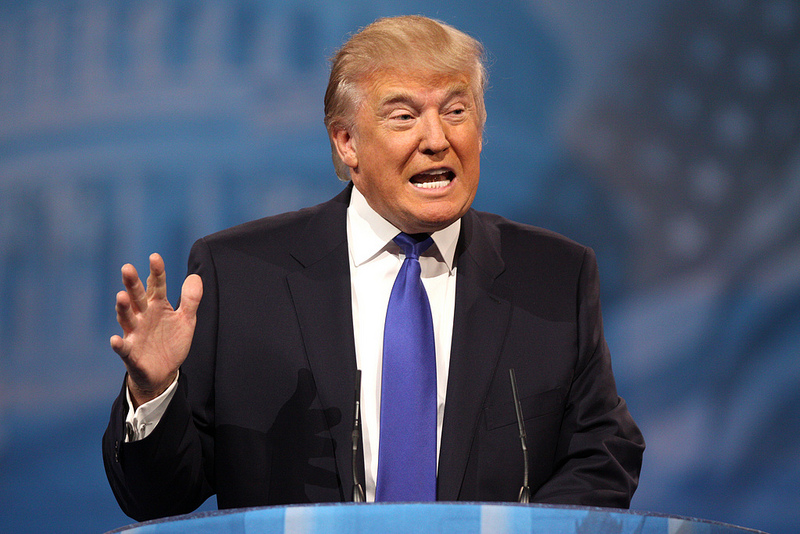Why People Vote for Trump
Some are drawn to the appeal of what he says, not the substance.


Participating in a democratic society is a thankless duty that seldom repays the effort. If you do research so you can select the better candidate in a race, your choice may be futile because your candidate loses.
Even if your candidate wins, those campaign promises may be discarded. Or other officials may keep them from being fulfilled.
The process is an exercise in frustration. Voting often feels like pressing a button that is connected to nothing. There is no reward for you for making a smart decision and no penalty for a stupid one.
Contrast that with participating in a modern market economy. If you decide one car out of hundreds suits your needs, you can buy it without convincing others. If you've made a good choice, you may enjoy years of trouble-free driving. If you've made a bad one, you're out the money. The consequences fall on you—no one else.
Your buying choices are numerous, precise and effectual. In those ways, they are very different from your voting choices.
In the marketplace, we have an incentive to make informed decisions because we shoulder the cost and reap the benefits or drawbacks. In the voting booth, we get nothing good or bad for our individual decisions—because one vote almost never decides an election. Whatever results we have to live with are the same as they would have been if we hadn't bothered to vote.
If it doesn't pay to be informed, you might as well be ignorant. That reality accounts for much of the appeal of Donald Trump, whose campaign is built on absurd fantasies and false claims. He succeeds because his prescriptions are vivid enough to be appealing but vague enough to resist examination—not that voters examine them anyway.
His response to the mass shooting in Orlando was true to form. He tweeted, "When will we get tough, smart and vigilant?" and "Our leadership is weak and ineffective." Those sentences convey sentiments that are hard to refute because they have no real content.
Trump spouts a torrent of promises and boasts with nothing to back them up. "I will be so good at the military your head will spin," he said, and "I will be the greatest jobs president that God ever created," and "I refuse to be politically correct."
Even when he's reading prepared speeches, they consist of clouds of verbal smoke. In an address Monday, he proclaimed, "If we don't get tough and if we don't get smart, and fast, we're not going to have our country anymore. There will be nothing, absolutely nothing, left."
What exactly does he mean "get tough" and "get smart"? What would it mean to not have our country anymore? When "absolutely nothing" is left, won't something remain?
Trump's followers can fill these empty phrases with whatever meaning they choose. But the substance of what he wants, or what they want, is not at the core of his appeal.
Voting for Trump is less a calculated effort to bring about specific policy outcomes than a form of self-expression. Like rooting for an NFL team, wearing a certain type of footwear or listening to a particular genre of music, it's a way of satisfying your tastes while shaping your image. If you dislike Muslims or Hispanics or the news media, voting for him is an irresistible chance to indulge that feeling.
It's also akin to buying a lottery ticket. If you're unhappy with how the country is doing, you can figure that electing a well-qualified politician won't produce radical change. And you can figure that by electing someone who breaks all the rules of politics and offends officeholders who have been a disappointment, you may get something dramatically different and better.
Those lottery commercials that picture giddy winners living the high life? They're enough to get people to buy tickets, even knowing the odds are long. Those Trump promises, such as forcing Mexico to pay for a wall and making America great again? They're enough to win votes, even though his supporters know they may not come true.
Trump's supporters are the sort of people the French sociologist Gustave Le Bon had in mind when he wrote, "Whoever can supply them with illusions is easily their master; whoever attempts to destroy their illusions is always their victim." If he wins, though, we will all learn that the hopes he created were false, and we will all be his victims.
© Copyright 2016 by Creators Syndicate Inc.


Show Comments (224)